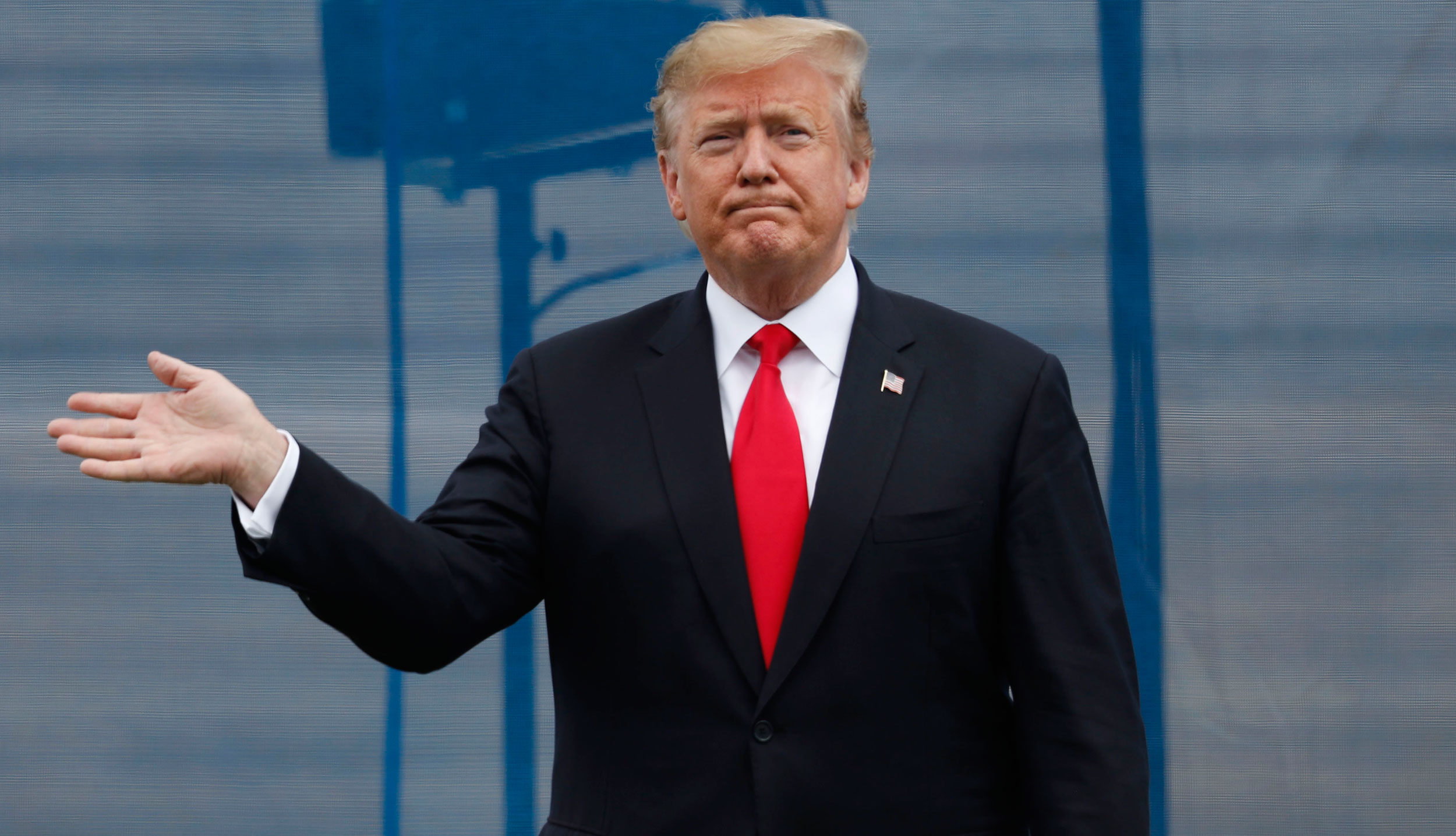President Trump tweeted on Thursday that Russia helped “me to get elected”, and then quickly retracted the idea.
“No, Russia did not help me get elected,” Trump told reporters as he departed the White House for Colorado Springs. “I got me elected.” He spoke less than an hour after his Twitter post.
The original comment, a clause in one of several Twitter posts this morning, is an extraordinary admission from Trump, who has avoided saying publicly that Russia helped him win the presidency in 2016 through its election interference. American intelligence agencies and federal prosecutors have long concluded that Russia tried to influence voters.
Trump has been reluctant to fully embrace the intelligence agencies’ findings that Russia was behind the 2016 election interference, but he has consistently argued that he alone was responsible for his unexpected victory.
The “Russia hoax,” Trump has argued, is one fabricated by Democrats who are angry they lost the White House.
The President’s contradictory statements on Thursday morning arrived a day after the special counsel, Robert S. Mueller III, spoke publicly for the first time.
The President and his critics had conflicting interpretations about Mueller’s remarks — Trump and his supporters took them to mean “case closed”, while his critics saw them as a call to impeachment.
Speaking to reporters outside the White House, Trump revived personal attacks on Mueller, asserting that the special counsel should never have been chosen for that position — he was “highly conflicted” — and had failed to get the job he really wanted, FBI director, an allegation addressed and countered in Mueller’s final report.
Mueller did not go to the White House looking for a job, one of President’s senior advisers, Stephen K. Bannon, told investigators.
Bannon, the report said, “recalled telling the President that the purported conflicts were ‘ridiculous’ and that none of them was real or could come close to justifying precluding Mueller from serving as special counsel.” “I think Mueller is a true never Trumper,” Trump said on Thursday.
“He is somebody that dislikes Donald Trump, he’s somebody that didn’t get a job that he requested that he wanted very badly, and then he was appointed.”











